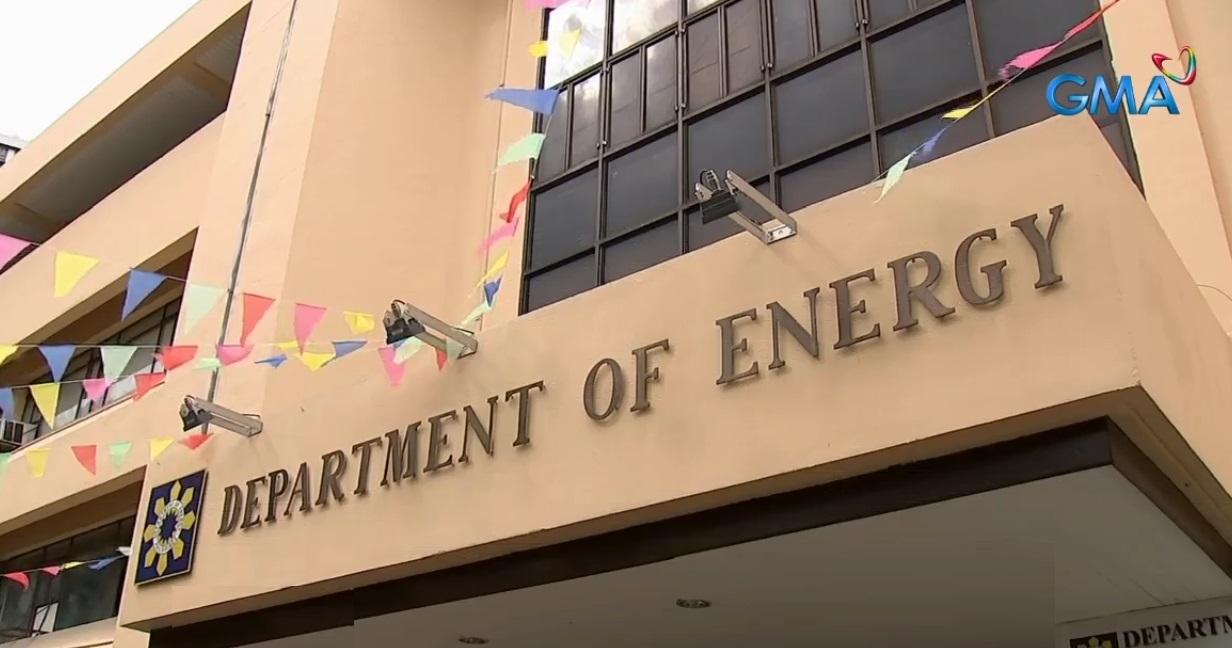Unveiling the Atom: DOE's Nuclear 101 Training Series Illuminates Path to Philippines' Nuclear Future

"Unveiling the Atom: DOE's Nuclear 101 Training Series Illuminates Path to Philippines' Nuclear Future"
In a significant stride toward demystifying nuclear energy for the Filipino public, the Department of Energy (DOE) led the charge with the inaugural session of its Nuclear 101 Training Series. This initiative, orchestrated by Subcommittee 4 of the Nuclear Energy Program Inter-Agency Committee (NEP-IAC), unfolded from June 23 to 26, 2025, drawing local media practitioners from Palawan and Masbate to the bustling heart of Makati City. The venue, Somerset Millennium, buzzed with anticipation as participants gathered for an immersive day of knowledge-sharing.
The session opened with a comprehensive dive into the annals of nuclear energy history, steered by the articulate National Power Corporation Officer-in-Charge Vice President, Atty. Manuel Luis Plofino. His narrative, rich with historical insights, set the stage for a deeper understanding of nuclear energy's evolution. Complementing this, DOE Director Patrick T. Aquino, head of the NEP-IAC Technical Secretariat, delivered an engaging video presentation that mapped out the contours of the Nuclear Energy Program (NEP).
The DOE Public Affairs Office team took the baton next, unveiling a draft communication plan that aims to weave nuclear energy into the national consciousness. This was followed by a meticulous exposition on the critical criteria and standards for siting a nuclear power plant, presented by the esteemed Dr. Arturo S. Daag, Associate Scientist at the Philippine Institute of Volcanology and Seismology. The narrative crescendoed with a session on nuclear safety, security, and safeguards, expertly handled by Senior Science Research Specialist Mary Gold Bulos from the Philippine Nuclear Research Institute.
In her welcome address, DOE Nuclear Energy Division OIC Chief Shiela dela Cruz underscored the imperative of engaging stakeholders in this national endeavor. Her words resonated with a call for transparency and dialogue, emphasizing the role of informed public discourse in shaping the country's nuclear future. "To embark on the NEP," she articulated, "we must adhere to the highest standards set by the International Atomic Energy Agency (IAEA)."
Atty. Plofino echoed this sentiment, advocating for a fact-based understanding of nuclear energy. "Dispelling myths and embracing facts," he asserted, "are crucial for stakeholders to make informed decisions about our nuclear trajectory." His discourse was a clarion call for clarity amidst the often murky waters of nuclear energy debates.
The training series also featured a field visit to the Bataan Nuclear Power Plant on June 25, 2025. This excursion offered media participants a tangible glimpse into the operational intricacies of a nuclear facility, bridging theory with practice in a way that mere words could not.
The NEP-IAC, with its six specialized subcommittees, is tasked with addressing the 19 infrastructure issues identified by the IAEA. Subcommittee 4, in particular, focuses on stakeholder involvement, human resource development, and industrial engagement. This initiative is part of a broader effort to align the Philippines with international nuclear standards, as evidenced by the IAEA's follow-up Integrated Nuclear Infrastructure Review (INIR) mission in December 2024. The mission acknowledged the Philippines' progress, noting that nine of the 19 recommendations from the 2018 INIR have been fully addressed, with ten still underway.
In a legislative milestone, Congress recently ratified the Bicameral Conference Committee Report on Senate Bill No. 2899 and House Bill No. 9293, collectively known as the Philippine National Nuclear Energy Safety Act. This landmark legislation establishes the Philippine Atomic Energy Regulatory Authority (PhilATOM), marking a pivotal step towards the safe, secure, and peaceful development of nuclear energy in the Philippines.
As the DOE's Nuclear 101 Training Series unfolds, it promises to be a beacon of enlightenment in the complex landscape of nuclear energy, fostering a well-informed public discourse that is critical for the country's energy future.
🔮 Fortellr Predicts
Confidence: 85%
The 'Nuclear 101' training series, initiated by the Philippines' Department of Energy, is poised to catalyze significant progress in the country's nuclear energy journey. This initiative is expected to pave the way for enhanced public understanding and acceptance of nuclear technology, potentially altering public discourse and fueling legislative advancements. Over time, the increased familiarity with nuclear concepts among media and stakeholders could lead to legislative momentum and increased investment in nuclear infrastructures, such as the revival of the Bataan Nuclear Power Plant. The training series aims to address safety concerns directly, possibly lessening public apprehension and building institutional trust. International collaborations, ongoing since the inception of this series, are likely to continue, ensuring that the Philippines aligns its nuclear plans with global safety standards. Expected stakeholder responses will include proactive engagement by energy companies and increased public discussions around nuclear power safety and economic potential. Systemic effects could manifest through shifts in energy policy focus, encouraging a pivot from coal and oil to nuclear and renewables, which aligns with national climate goals. Cascade implications might see the Philippines emerging as a model for nuclear integration in Southeast Asia, with advancements in nuclear technology adoption affecting neighboring nations' policy decisions.